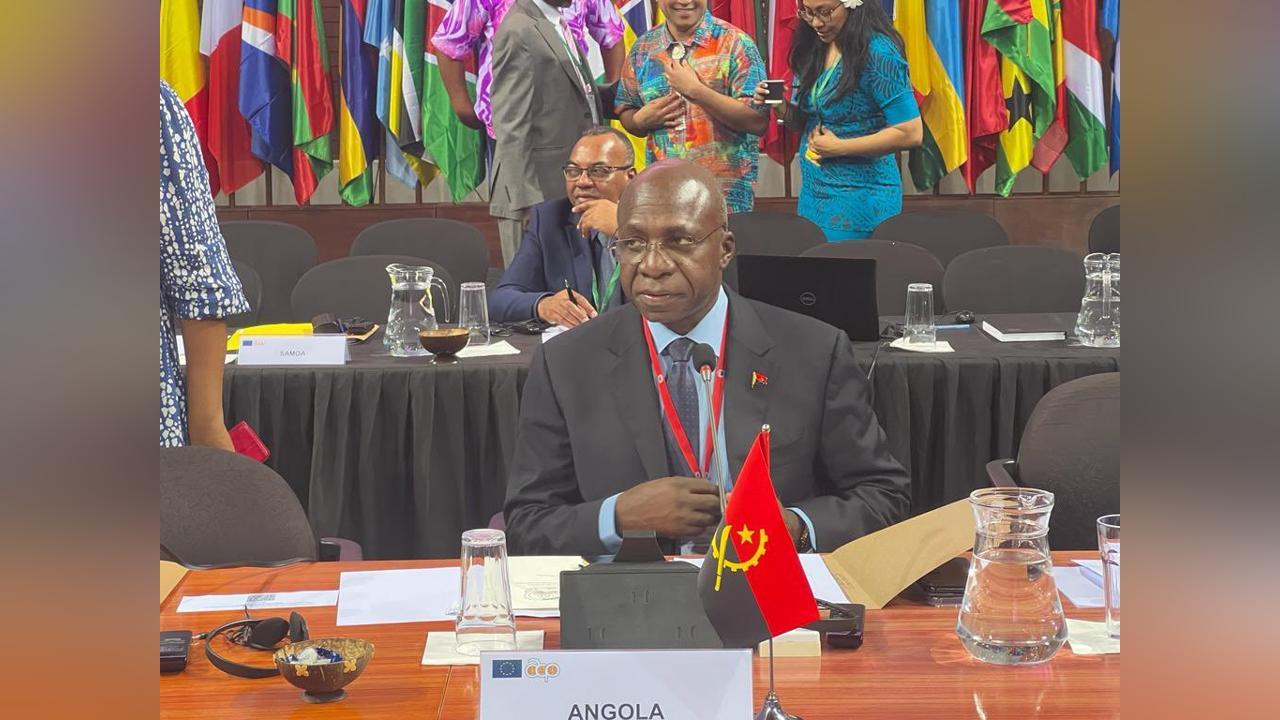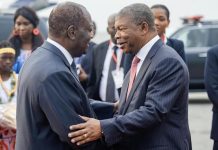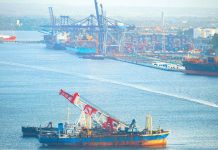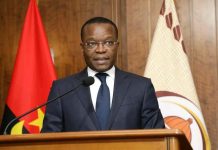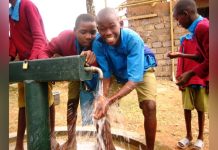Africa-Press – Angola. Téte António, the Angolan foreign affairs minister, is chairing the 19th ordinary session of the International Conference on Great Lakes Region (ICGLR) inter-ministerial committee in Kinshasa, Democratic Republic of Congo (DRC).
The meeting brings together ministers of foreign affairs, regional integration and external relations from ICGLR member countries and was opened by DRC Prime Minister and Head of Government Judith Tuluka Suminwa. It aims to analyse the state of peace and security in the region, as well as prospects for multilateral cooperation.
Participants will review the report of the ICGLR Executive Secretary on the organization’s achievements, challenges, and prospects; the report of the meeting of national coordinators; and the report on the security situation in the Great Lakes region, presented by the chair of the ICGLR Committee of Defense Ministers.
In his capacity as outgoing Chair of the CIRGL Regional Inter-Ministerial Committee, Minister Téte António acknowledged that the Great Lakes Region continues to face complex challenges, including armed conflicts, humanitarian crises, and difficulties in consolidating lasting peace.
The Angolan minister stressed that the ICGLR’s efforts should focus on strengthening joint action by member states, particularly in the areas of crisis mediation, addressing the root causes of conflict, and promoting social inclusion and sustainable economic development.
He also highlighted Angola’s proactive and responsible role in mediating crises in the eastern DRC, the Central African Republic, Sudan and South Sudan, in coordination with the African Union, the United Nations, and regional and international partners.
According to Téte António, these actions aim to neutralize non-state armed groups, restore state authority in affected areas, and strengthen cross-border cooperation between the DRC, Rwanda, and Uganda.
The minister referred to several results achieved, including the approval of the Joint Roadmap for Peace in the Central African Republic and the adoption of the Concept of Operations (CONOPS). The latter guides the implementation of the Harmonized Plan for the Neutralization of the FDLR and the Force Disengagement Plan.
In terms of natural resources and mining governance, Angola played a decisive role in strengthening the Regional Certification Mechanism (RCM) to ensure transparency and traceability in conflict mineral value chains.
Regarding gender and social inclusion, Angola actively contributed to developing the second generation Regional Action Plan for Women, Peace and Security (2026–2030).
According to the Angolan minister, this progress reinforces the credibility of the ICGLR and projects a shared vision of peace, stability, and sustainable development for the entire Great Lakes region.
For More News And Analysis About Angola Follow Africa-Press

